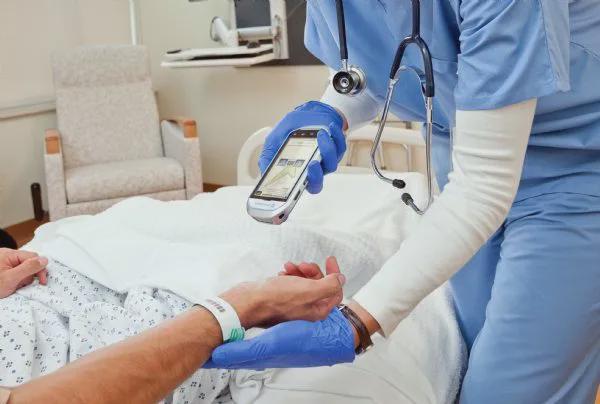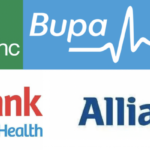You don’t go straight to the hospital when you get sick in the UK. You have to make an appointment with a GP. Whether you come to the UK to work or study, or even for a short period to come over for a trip, you will inevitably have a headache or a fever. So what do you do, and how do you buy painkillers for a fever in the UK? This article will give you detailed information on how to see a doctor in the UK. Of course, we hope you don’t get sick during your stay in the UK! But in the unlikely event that you have a need in this area one day, we hope our content will help you.
UK Public Healthcare Policy
Residents in the UK do not need to pay for medical treatment, medicine or even surgery or childbirth in the UK. However, from 6th April 2015, the UK started to charge a mandatory fee called “Immigration Health Surcharge” for applicants applying for student visas, work visas and other long-term visas of more than six months.
This “IHS” is £624 a year, or £470 a year for students. If you are a student applying for a work visa, you will pay £624 per year. If you are applying for a student visa only, you will pay £470 per year. If you are on a visitor’s visa or coming to the UK to visit family or on business, you will not have to pay a fee as long as your visa is for less than 6 months or only 6 months.
Is It Free for Travellers to See a Doctor in the UK?

It is up to the hospital or GP to decide whether or not a visitor to a hospital needs to pay. Free medical treatment in the UK is not based on nationality but on how long you have been in the UK. As long as you have a UK visa for more than 6 months, you are a UK Resident and can enjoy free medical treatment in the UK. So, even if you are a tourist, some hospitals are free for A&E and GP.
Process of Finding a Local GP and Registering
- Researching Local GP practices: Start by exploring NHS Choices website to discover GP practices in your local area.
- Making a Decision: Consider factors such as the proximity, opening times, and the services offered by the GP practice.
- Registration Process: Visit your chosen GP practice and request to register. It’s typically required to complete a registration form and provide an acceptable form of identification.
- Confirmation: The practice will inform you once your registration is successful. Recommend to schedule your first appointment to meet your GP and discuss your medical history and any current health concerns.
Booking an Appointment with a GP

Different Ways to Book an Appointment with a GP
By Phone: You can ring the GP’s practice during opening hours to book an appointment. Keep in mind that phone lines can be especially busy in the morning.
Online: Many GP practices offer online booking services. This option is convenient as it allows you to book appointments at any time of the day. You will need to create an account on your GP’s practice website to use this service.
In Person: If you prefer a more direct approach, you can visit the GP’s practice and book an appointment in person. This gives you the opportunity to interact directly with the reception staff, allowing for any immediate queries or concerns to be addressed.
What Conditions Warrant a Trip to the Accident & Emergency(A&E)?
Can’t feel anything.
Can’t stop the confusion or the seizures.
Severe chest pain that won’t stop.
Can’t breathe.
Haemorrhage, blood flow that doesn’t stop
How should I get my medication after a visit?
Are you seeing a doctor in a hospital emergency? In most cases the doctor will give you the medicine straight away and it’s free. If you are seeing a GP the doctor will give the patient a prescription. You will need to take the prescription to a pharmacy to get the medicine.
Finally, I wish you all good health and no illness in the UK! Need more information about physical health and life in the UK, feel free to follow the uhomes website, it might just solve the little dilemma you’re facing right now!
GP doctor in the UK FAQs
How often should I see my GP?
The frequency of GP visits varies greatly depending on your age, health conditions, and specific needs. It’s generally recommended to have a check-up once a year, but certain conditions may require more frequent visits.
What is the role of a GP in the NHS?
Within the National Health Service (NHS) in the UK, GPs serve as the first point of contact for patients. They assess, diagnose, treat, and manage illnesses. They also provide health education, preventative care, and direct patients to other health services when specialist treatment is required.
Can GPs prescribe medication?
Yes, GPs can prescribe a wide range of medications. They are also responsible for managing long-term conditions and can review and adjust your medication as needed.








